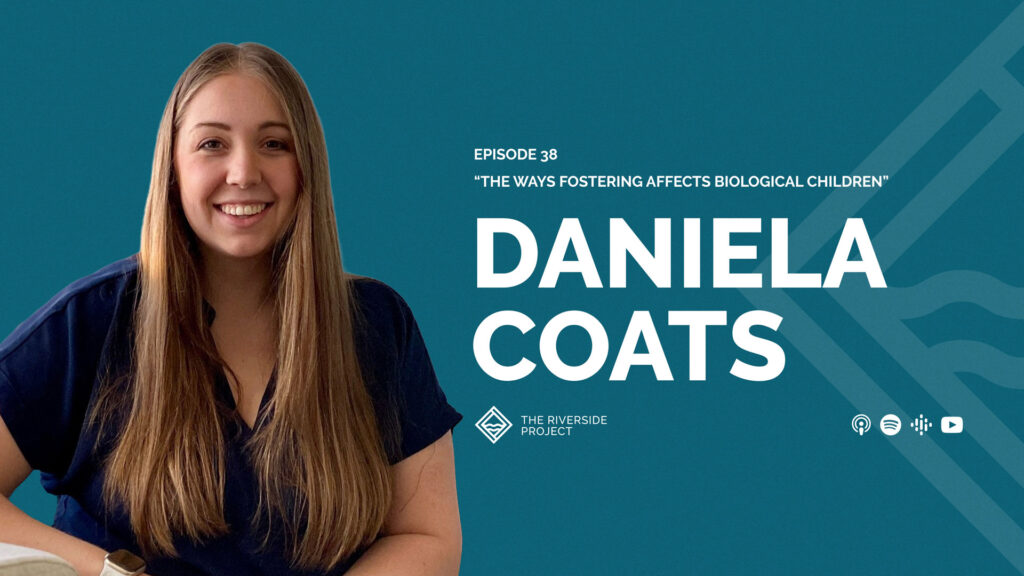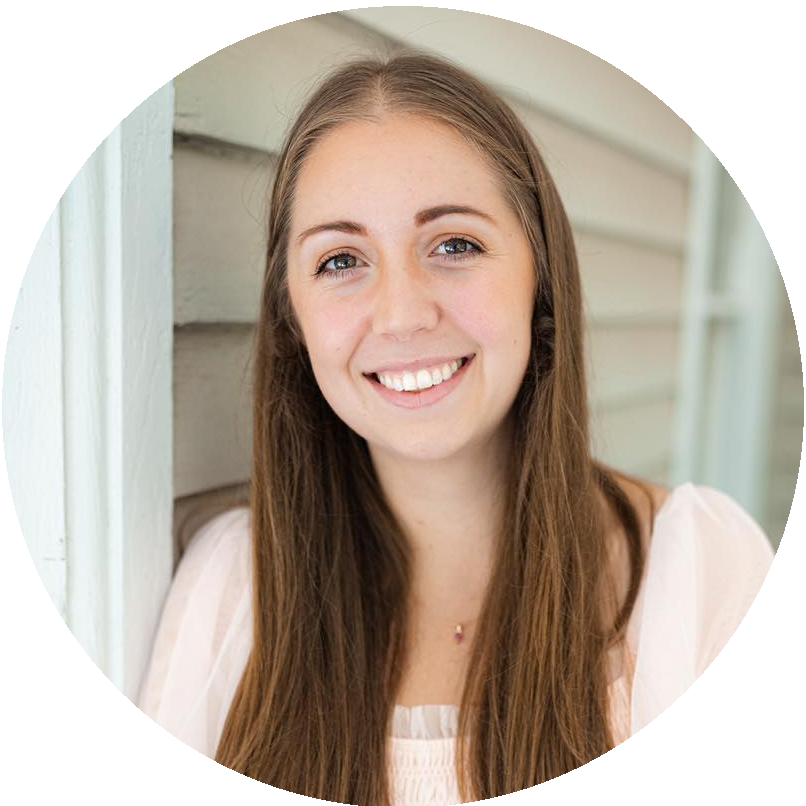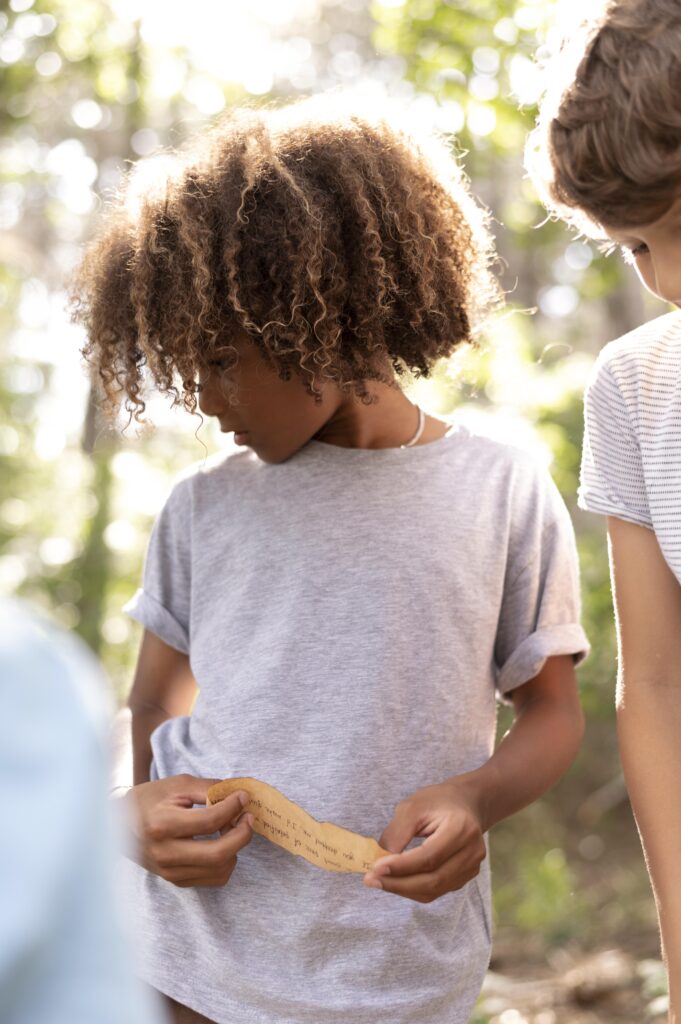
The Ways Fostering Affects Biological Children (feat. Daniela Coats, With Siblings)
Biological children who grow up in a family that fosters or adopts can experience some intense and complicated emotions. While many children are supportive—and even protective—of their non-biological siblings, it’s important to recognize that some may struggle with feeling overlooked or invisible in the process.
While their needs are just as important as their foster or adoptive siblings, biological children can sometimes feel as though they need to take up less of their parents’ attention, minimize the stress on the family, or behave perfectly to avoid rocking the boat.
Here to help us understand the kinds of thoughts and feelings that biological children are navigating and how we can best support them as we welcome foster and adoptive children into our homes is Daniela Coats. She is the founder of With Siblings, an organization that exists to support birth children in foster and adoptive families by equipping parents and professionals with training and resources. Daniela is also a therapist, adoptive parent, and biological child to parents who fostered and adopted.
In this episode, Daniela shares some tools and resources to help us support bio children, key commonalities found in many biological children’s experiences, the most important thing you can do today to support your biological children, and much more.
You can also find this podcast on Apple Podcasts, Spotify, YouTube, and more.
Key Takeaways
You have the freedom to shift to meet your family’s unique needs. Your calling to foster is beautiful—but like any calling, it doesn’t have to be permanent. There is no playbook that locks you into a contract. You have the ability to take a break or check in with your family to ensure that you are still in a good place before you determine whether to continue fostering. Depending on your circumstances, you may determine that it is best to hit pause on fostering for a season.
The current norms often cause biological children to feel overlooked. When a foster or adopted child enters your home, people will often come to shower them with gifts or sorely needed items. This is well-meaning and helpful for ensuring the new child has all the things they need. However, this practice can sometimes leave the biological child in the family feeling invisible, forgotten, and unappreciated. We can help remedy these feelings by acknowledging biological children as well as foster or adoptive children, and taking the time to support the whole family. A helpful resource in this scenario is Daniela’s Appreciation Certificate.
Try to spend individual time with each child. In the midst of busy schedules and multiple children, this can be a tall order. However, studies show that spending individual time consistently with our children is one of the best ways to reassure them that they matter and create a safe space for them to share their feelings. This doesn’t necessarily have to be a long, drawn-out event each week. It could simply mean setting aside 30 minutes to play their favorite card game with them or help them practice free throws.
Resources
- Connect with Daniela on her website, Instagram, or Facebook
- Daniela’s therapy with Be Still Counseling and Consulting
- FREE Resources & Store
- [BOOK] The Day Lily Turned (un)Invisible
- This Is Us
- [BOOK] The Anxious Generation: How the Great Rewiring of Childhood Is Causing an Epidemic of Mental Illness
- Thanks for listening! Use code “TBRIpodcast” to get $5 off when you sign up for an Introduction to TBRI session. If you work personally or professionally with children who have experienced adversity, learn more about TBRI on our Trauma Training page.
Meet the Guest

Daniela Coats is the founder of With Siblings, an organization that exists to support birth children in foster and adoptive families by equipping parents and professionals with training and resources. She is also a Licensed Master Social Worker who serves birth kids as a therapist at Be Still Counseling. Daniela is a self-identified “birth kid” having grown up in a family that fostered. She lives in Texas with her husband and their six children who entered their family by both birth and adoption.


